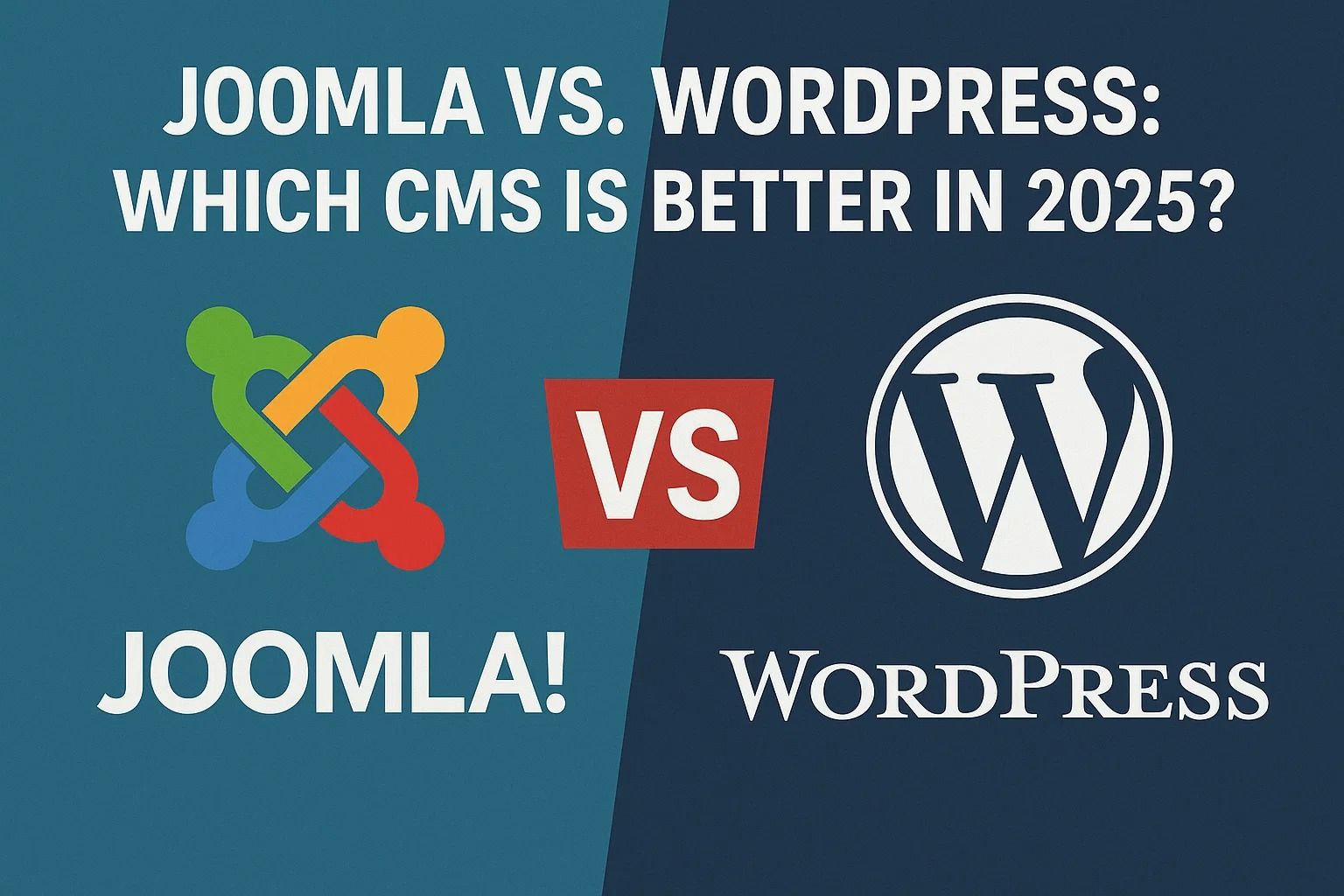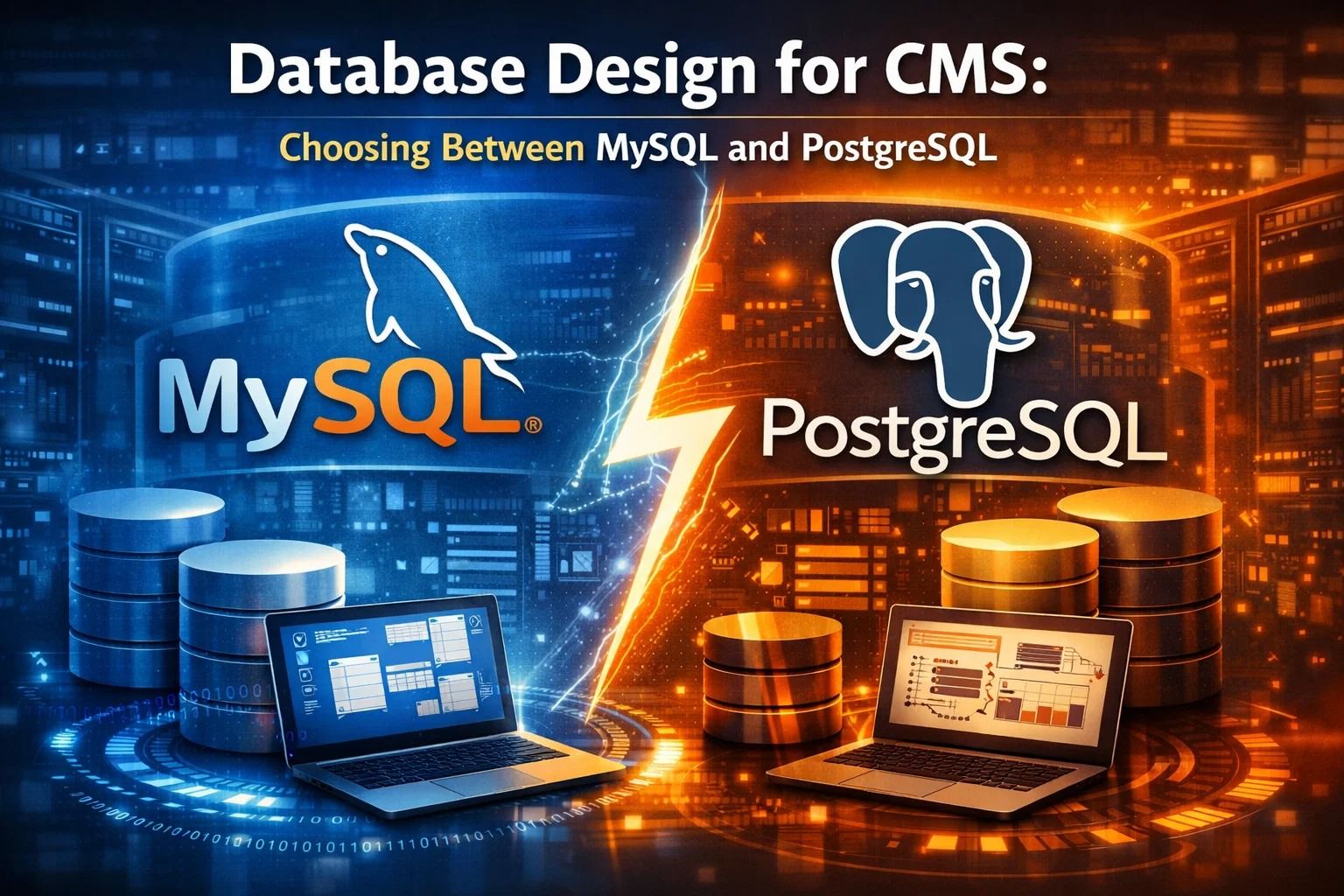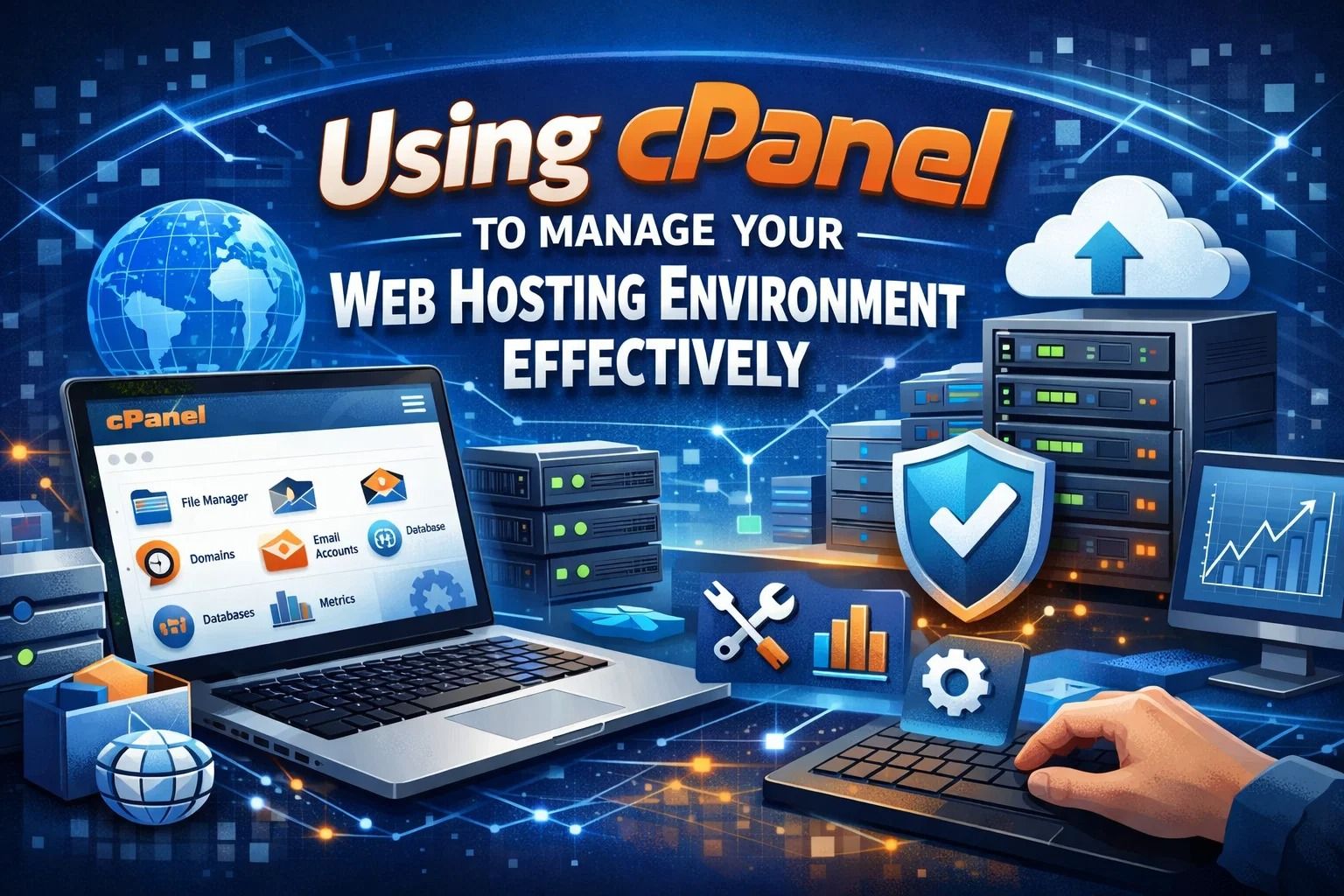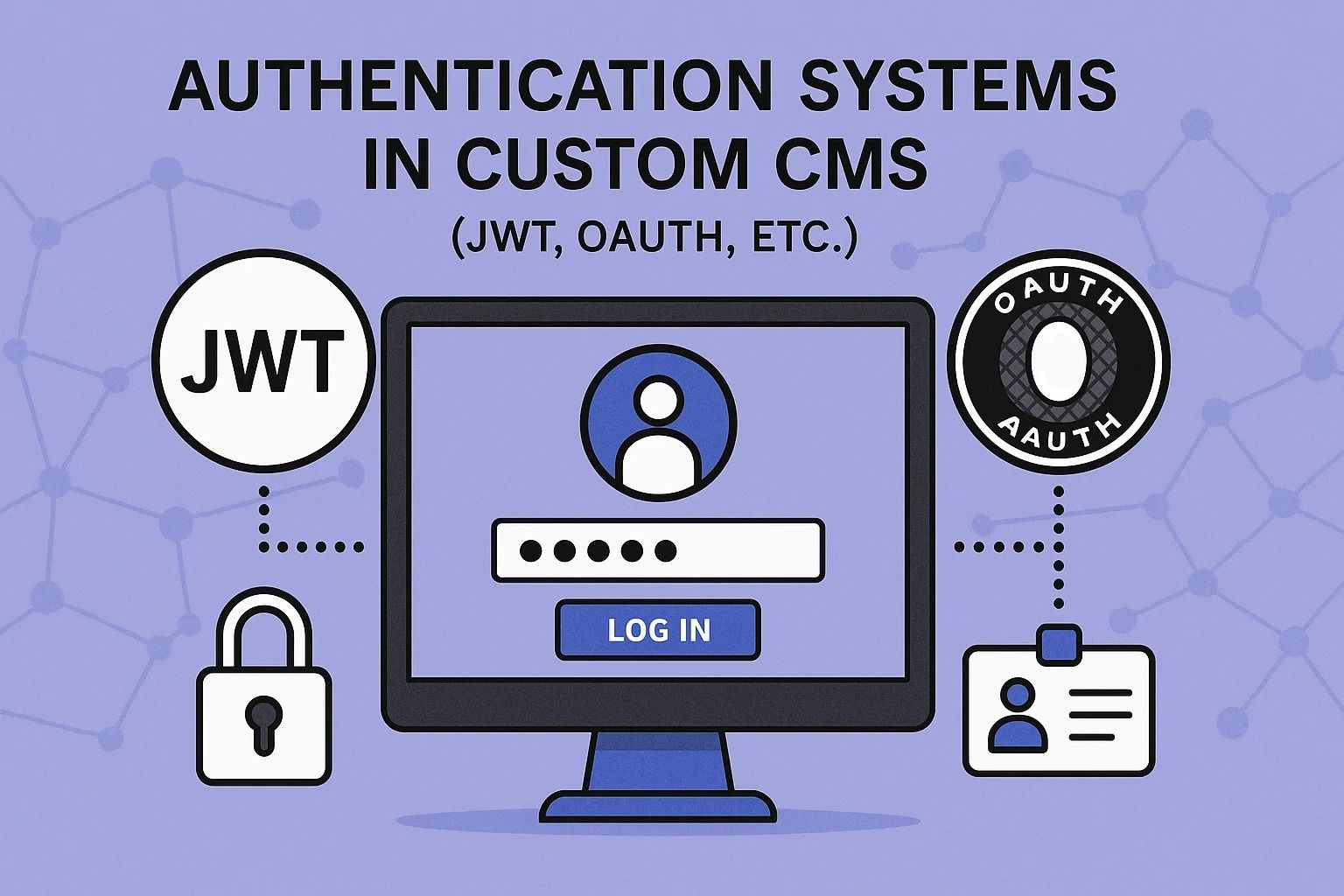
Joomla vs. WordPress: Which CMS Is Better in 2025?
CMS Platforms Overview in 2025
In 2025, Content Management Systems (CMS) remain the foundation of modern online presence. Whether you run a blog, eCommerce store, corporate site, or online forum, a quality CMS will allow you to create, manage, and distribute your content seamlessly.
Among all the available platforms, two names stand out: WordPress and Joomla. Both are open-source, PHP-driven systems, both have global communities, both have a substantial history of development, and both have active systems for managing extensions.
But how do they stack up against each other in 2025's web world? Which one is the right CMS for your website project in 2025? Let’s explore this question feature by feature.
WordPress: The King of the Hill
WordPress powers more than a third of the websites globally. Originally created as a blogging platform, it has grown into a versatile, full-blown content management system that is now used by everyone, from individual writers to Fortune 500 companies.
- Ease of Use: WordPress is built with non-technical users in mind. With themes, plugins, and the block editor, creating a new site is pretty straightforward.
- Massive Plugin Library: With over 54,000 plugins, WordPress can be adapted for search engine optimization, protection from spam, shopping carts, and more.
- Vast Community: You can find tutorials, support forums, and hire developers for websites in every nook and cranny of the Internet.
In 2025, WordPress remains a powerhouse with innovations like headless implementation, autopiloting for speed enhancement, and its sandboxing features for security.
Joomla: A Robust Contender
Joomla may only hold a fraction of WordPress’ market share, but it is and will continue to be a CMS of choice for developers who need flexibility, fine-grained control over access, and built-in multilingual support for their sites.
- Powerful Content Creation: Joomla offers more robust controls over the categories, modules, and layouts right out of the box.
- Multilingual by Default: Language setup is quick — Joomla supports many languages out of the box, no plug-ins needed.
- Developers’ Platform: With its custom templates, MVC layout, and Advanced Access Control, Joomla is perfect for building structured, scalable applications.
With the introduction of Joomla 5, the CMS bolstered speed optimization, web services application programming interfaces, and enhanced security.
CMS Platforms Overview in 2025
In 2025, Content Management Systems (CMS) remain the foundation of modern online presence. Whether you run a blog, eCommerce store, corporate site, or online forum, a quality CMS will allow you to create, manage, and distribute your content seamlessly.
Among all the available platforms, two names stand out: WordPress and Joomla. Both are open-source, PHP-driven systems, both have global communities, both have a substantial history of development, and both have active systems for managing extensions.
But how do they stack up against each other in 2025's web world? Which one is the right CMS for your website project in 2025? Let’s explore this question feature by feature.
WordPress: The King of the Hill
WordPress powers more than a third of the websites globally. Originally created as a blogging platform, it has grown into a versatile, full-blown content management system that is now used by everyone, from individual writers to Fortune 500 companies.
- Ease of Use: WordPress is built with non-technical users in mind. With themes, plugins, and the block editor, creating a new site is pretty straightforward.
- Massive Plugin Library: With over 54,000 plugins, WordPress can be adapted for search engine optimization, protection from spam, shopping carts, and more.
- Vast Community: You can find tutorials, support forums, and hire developers for websites in every nook and cranny of the Internet.
In 2025, WordPress remains a powerhouse with innovations like headless implementation, autopiloting for speed enhancement, and its sandboxing features for security.
Joomla: A Robust Contender
Joomla may only hold a fraction of WordPress’ market share, but it is and will continue to be a CMS of choice for developers who need flexibility, fine-grained control over access, and built-in multilingual support for their sites.
- Powerful Content Creation: Joomla offers more robust controls over the categories, modules, and layouts right out of the box.
- Multilingual by Default: Language setup is quick — Joomla supports many languages out of the box, no plug-ins needed.
- Developers’ Platform: With its custom templates, MVC layout, and Advanced Access Control, Joomla is perfect for building structured, scalable applications.
With the introduction of Joomla 5, the CMS bolstered speed optimization, web services application programming interfaces, and enhanced security.
Simple to Use
WordPress is generally considered to be the simplest CMS to learn. It has a user-friendly interface and allows anyone to publish content quickly without any coding experience. The Gutenberg block editor, introduced in 2018 and continuously developed since, has also made the design experience more visual.
Joomla! has a steeper learning curve. Its admin panel is sometimes quite cluttered, with a hierarchical menu structure and many advanced configuration options. However, for users managing large or complex sites, Joomla!'s complexity often translates to additional control.
SEO Features
Both platforms offer adequate SEO features, but WordPress has the upper hand due to the number of plugins available, such as Rank Math, Yoast, and All in One SEO. These tools provide users with easy-to-use control over things like sitemaps, metadata, and schema, all without needing to write a single line of code.
Joomla! does have SEO capabilities but is slightly less supported. It offers native SEO features like URL rewriting, metadata editing, and canonical URL tagging. Several features do require configuration or a third-party SEO extension — sh404SEF or Route66, for example.
Customization and Extension
WordPress has the biggest share of plugins and themes by a long shot. You can find countless extensions for nearly everything, from eCommerce (like WooCommerce) to membership systems, in its extensions directory. Most are free, with premium options available for users who want more features or support.
Joomla! has a smaller extension directory than WordPress. It does, however, include excellent extensions built for enterprise control right out of the box. In addition, custom module and component development is more structured when built into Joomla!'s MVC architecture, making it attractive to experienced developers.
Security and Maintenance
Due to its large market share of about 43%, WordPress is more of a target for hackers than other CMS options. While the core of WordPress is quite secure, poorly coded themes and plugins introduced from third parties can lead to vulnerabilities. Consequently, WordPress requires frequent updates.
Joomla! has a smaller market share than WordPress, so it is less of a target. Additionally, Joomla! comes with built-in two-factor authentication (2FA), configurable access levels, and strong session management. That said, out-of-date extensions still pose a threat.
Performance and Speed
Out of the box, both Joomla! and WordPress can be optimized for speed with the help of caching plugins, a content delivery network (CDN), and lightweight themes. Most WordPress websites use plugins such as WP Rocket or LiteSpeed Cache to optimize their performance and achieve fast-loading speeds.
Like WordPress, Joomla! can also be optimized for speed. While Joomla! offers many of its own built-in caching and optimization features, the speed capabilities depend more on the hosting and how a site is set up than on Joomla! itself.
Which CMS Is Right for Your Project Type?
Making a choice about WordPress and Joomla in 2025 depends of what type of website you want to build, what kind of team you work with, and what your future plans are. Here’s a choice fighting by case of use:
- Blogs and Personal Sites: WordPress continues to reign, thanks to how simple it is, its design capacity, and its huge community.
- Corporate and Government Portals: Joomla is the better choice, featuring access control, multilingual support, and alternate content structures.
- eCommerce: WordPress with WooCommerce presents an easy entry. Joomla with extensions like HikaShop may be equally effective, but it requires more setup.
- Community Portals: With its user and permission system, Joomla is great for membership portals
- Agencies / Developers: With a clean code/content separation, Joomla is the best option for large client projects or custom work.
Owning Costs
Both systems are open-source and free to use, but fees can appear in different places.
- WordPress: Hosting, premium themes, plug-in licenses, and ongoing maintenance.
- WordPress users usually rely on managed hosting providers that charge a premium but take the hard work out of tedious updates, security, and patches.
- Joomla: Fewer paid extensions overall, but the development fees can be high.
- Maintenance often entails more technical work.
For DIY users, WordPress has cheaper entry-level plans and Joomla usually means hiring a developer, but gives you more control over the site and fewer plug-ins.
Final Decision: Is It WordPress or Joomla?
There are no easy answers. WordPress has the advantage of ease of use, an established ecosystem, and mass adoption. Joomla has a better structure, deeper customization, and multilingual features built in.
If you need to launch quickly and don’t have the technology skills to do it, go with WordPress. If your project requires precise control of content, user roles, and scalability, Joomla may be the right tool.
In 2025, both platforms are still evolving — and the best option comes down to which solution works best for your workflow, goals, and long-term vision.

















